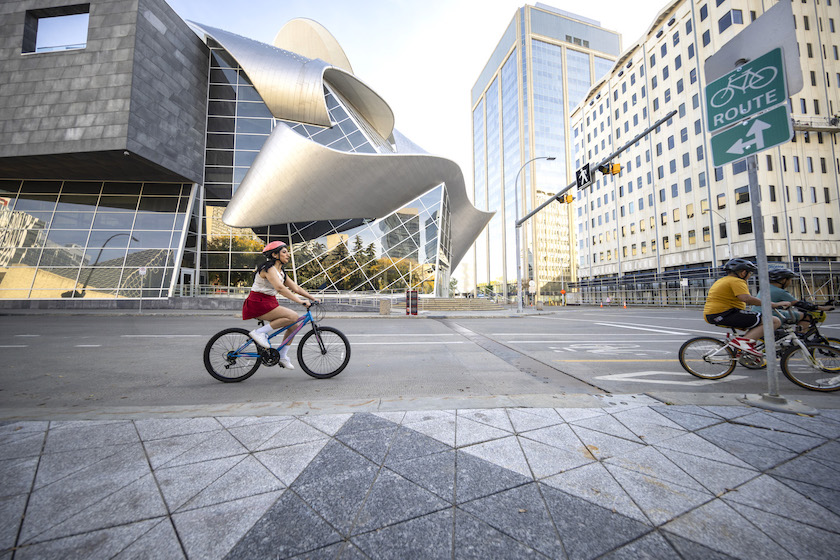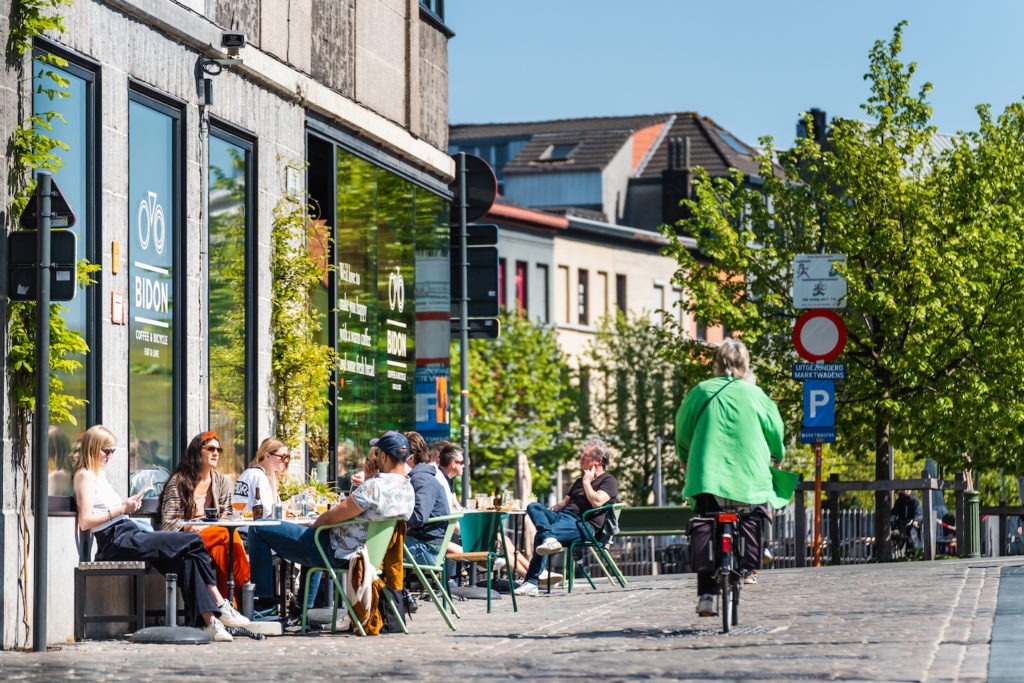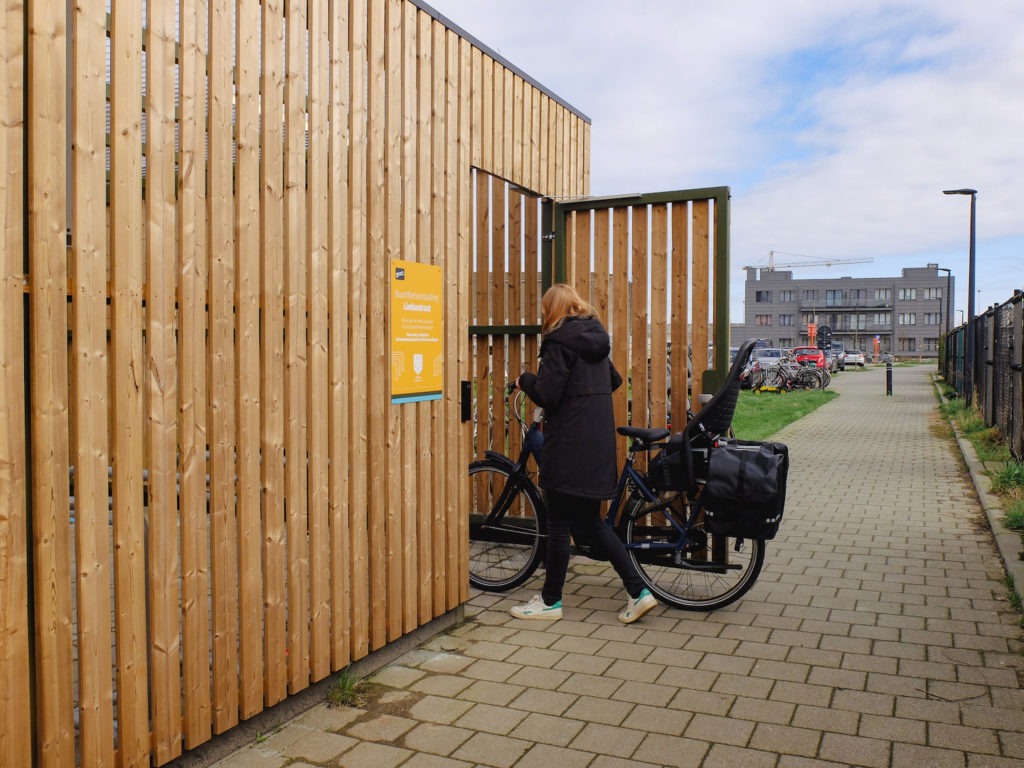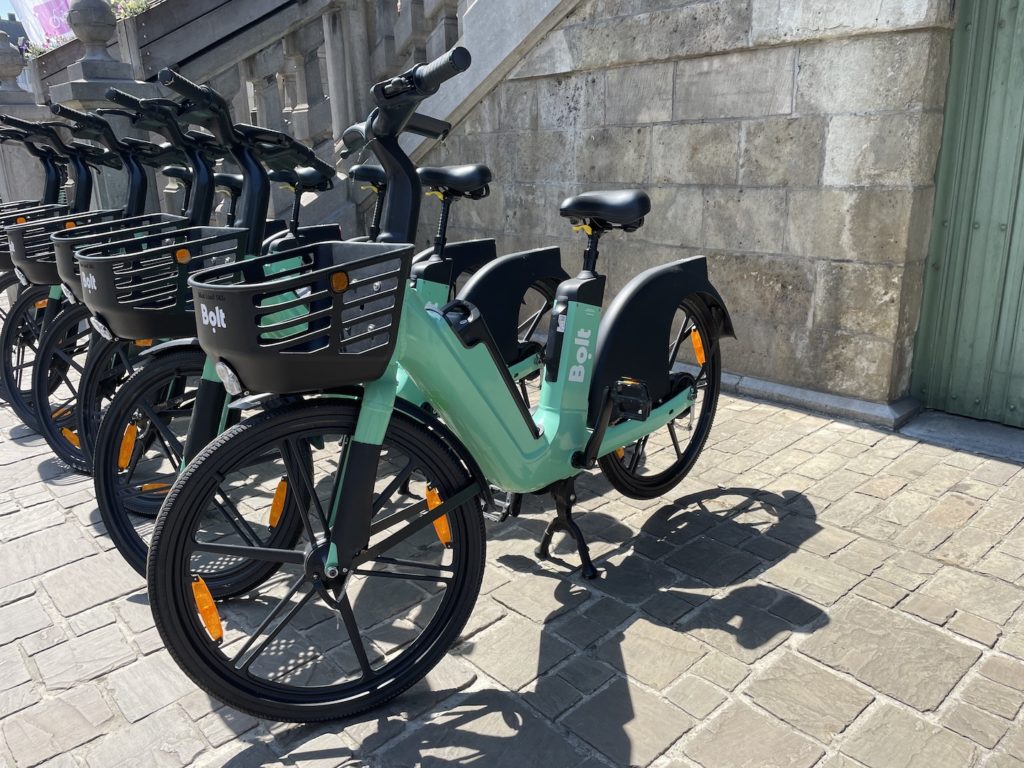
• Flip Book • eNews • eAdventures • eCities • eCargoIntl • eBikeTypes • eRoad • eMTB • eUrban • eCargo • eBikeTests • eAccessories • eFactoryTours • eFeatures •

• Flip Book • eNews • eAdventures • eCities • eCargoIntl • eBikeTypes • eRoad • eMTB • eUrban • eCargo • eBikeTests • eAccessories • eFactoryTours • eFeatures •
May 7, 2024 - Belgium’s third-largest city Ghent implemented its first bicycle plan back in 1993. However, it wasn’t until a bold Traffic Circulation Plan was implemented in 2017 that cycling truly skyrocketed.

The innovative new plan encouraged less car use, more bicycling and more transit use by preventing through traffic from entering the city centre. In addition, the city was split into seven distinct zones: a mostly car-free city centre core surrounded by six zones that were cordoned off with concrete and planters, or controlled by cameras.
As such, in six years, the modal share of cyclists increased from 22% in 2012, to 30% in 2015, and to 35% in 2018, thereby achieving the city’s 2030 target much earlier than projected in its 2015 Mobility Plan. Currently, 61% of Ghent’s residents choose sustainable modes of transport: walking, cycling or public transport.
The city boasts an extensive network of 411km of cycling infrastructure, featuring 24 bicycle streets designed as safe zones and magnets for cyclists. In addition, over 20 school streets are established each school morning by enthusiastic parents and teachers who volunteer their time.
Within the city ring and surrounding neighbourhoods, a 30kph speed limit was implemented, and currently there are 40% fewer cars on bicycle-priority streets than before the plan.

Ghent’s ambitious bicycle parking policy has seen the installation of around 8,500 bicycle parking spaces since 2015, including bicycle racks for both regular bikes and cargo bikes. In subsequent years, the city aims to provide bicycle parking within 100 metres of every resident’s doorstep. Ghent is also investing in bicycle parking facilities whereby locals can rent a covered and closed bicycle parking space.
The use of bicycle share has also increased sharply to 653,819 rides, up 170% over 2022, with e-bikes playing an important role. Three companies support the services including Donkey Republic with 500 regular bikes, Dott with 600 e-bikes and about 20 cargo bikes, and Bolt with about 400 e-bikes.

Belgium’s Blue-bike bicycle-sharing system, at more than 100 railway stations, is also in Ghent.
The plan also includes an integral cycling policy with the Cycling Embassy of Ghent (De Fietsambassade) founded in 2021, a non-profit organization that provides bicycle services such as parking, repair and knowledge sharing. The non- profit promotes bicycle use, including rentals of e-bikes, cargo bikes, folding bikes and adapted bikes.
With its progressive cycling agenda, Ghent won the bid to host Velo-city 2024, taking place June 18-21, becoming the first Belgian city to host the conference since Brussels in 2009. The Cycling Embassy of Ghent is one of the organizers of the event.